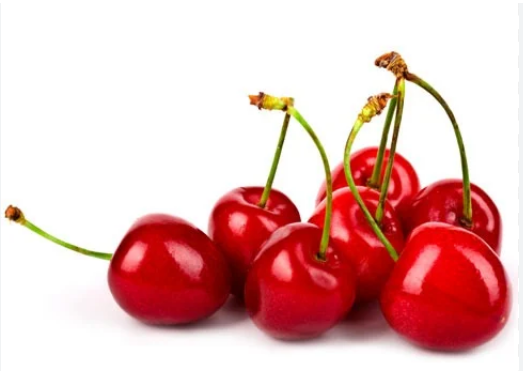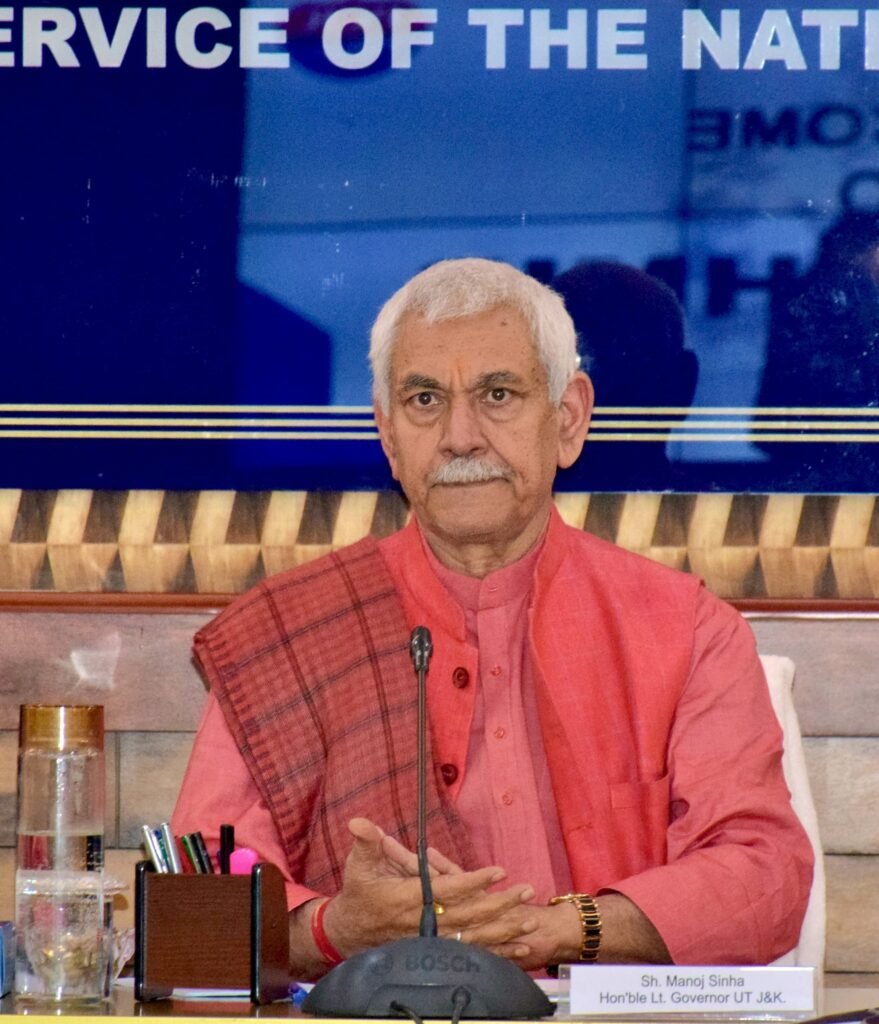Srinagar, June 14, 2025 – In a groundbreaking development for Jammu and Kashmir’s fruit industry, the first-ever international consignment of Kashmiri cherries was dispatched via rail on June 13, 2025, from Katra to Mumbai, destined for Saudi Arabia. This milestone, powered by the newly operational Udhampur-Srinagar-Baramulla Rail Link (USBRL), marks a transformative moment for local growers, boosting trade, connectivity, and economic growth in the region.
A New Era for Kashmiri Cherries
The cherry consignment, comprising 24 tonnes of premium-grade fruit, was facilitated by the Agricultural and Processed Food Products Export Development Authority (APEDA). Transported via a dedicated parcel train to Mumbai’s Bandra Terminus, the cherries will be shipped to Saudi Arabia, with plans to expand to the UAE and other Middle Eastern markets. This rail-based transport slashes delivery times and costs compared to traditional road or air methods, ensuring fresher produce and higher profits for farmers.
“This is a game-changer for our growers,” said APEDA Chairman Rajesh Kumar. “The rail link opens global markets for Kashmir’s cherries, enhancing farmer incomes by up to 25% while reducing spoilage.” The initiative aligns with India’s push to bolster agricultural exports, with Kashmir’s horticulture sector—known for apples, cherries, and walnuts—at the forefront.
The USBRL: A Catalyst for Connectivity
The success of this export hinges on the USBRL, a 272-km rail network inaugurated on June 6, 2025, by Prime Minister Narendra Modi. Connecting Udhampur to Srinagar and Baramulla, the project features 36 tunnels, 943 bridges, and the iconic Chenab Bridge, the world’s highest railway arch at 359 meters above the riverbed. The Vande Bharat Express, operating on this route, has cut travel time between Katra and Srinagar to three hours, enabling swift transport of perishable goods.
The rail link ensures year-round connectivity, overcoming the challenges of the Jammu-Srinagar highway, which often faces closures due to snow or landslides. “The USBRL is a lifeline for Kashmir’s economy,” said J&K Horticulture Minister Aisha Mir. “Our cherries and apples can now reach Mumbai in under 36 hours, fetching premium prices in domestic and international markets.”
Table 1: USBRL Project Overview
| Feature | Details |
|---|---|
| Total Length | 272 km |
| Major Tunnels | 36, including T50 (12.77 km, India’s longest railway tunnel) |
| Bridges | 943, including Chenab Bridge (1.3 km, 359 m above riverbed) |
| Key Stations | Katra, Srinagar, Baramulla |
| Inauguration | June 6, 2025 |
| Cost | Rs 43,780 crore |
| Key Advantage | All-weather access for trade, tourism, and passenger travel |
Economic Boost and Challenges
The rail export initiative is set to transform Kashmir’s horticulture sector, which employs over 70% of the region’s workforce. By reducing freight costs by approximately 30% compared to road transport, the rail link allows farmers to compete in global markets. The cherry export alone is projected to generate Rs 50 crore in revenue this season, with plans for additional consignments in the coming weeks.
Local grower Bashir Ahmed, whose cherries were part of the consignment, said, “This rail link means my produce reaches buyers fresh, and I earn more. It’s a proud moment for Kashmir.” The initiative also creates jobs in logistics, packaging, and export services, further stimulating the economy.
However, challenges remain. Some Jammu-based traders worry that the rail link may divert business away from their region, as goods and tourists bypass traditional routes. Additionally, recent unrest in April 2025, following a terrorist attack in Pahalgam, has fueled concerns among some locals who view the rail project as a means of tightening central government control. Authorities have emphasized that economic benefits, like the cherry export, aim to foster stability and prosperity.
Table 2: Impact of Rail-Based Cherry Exports
| Aspect | Impact |
|---|---|
| Transport Time | 24-36 hours to Mumbai (vs. 48-60 hours by road) |
| Cost Savings | ~30% reduction in freight costs |
| Farmer Revenue | 20-25% increase due to fresher produce and global market access |
| Export Markets | Saudi Arabia, UAE, with potential for Europe and Southeast Asia |
| Economic Ripple Effect | Job creation in horticulture, logistics, and export sectors |
Future Prospects
The cherry export is just the beginning. APEDA plans to scale up rail-based exports of other Kashmiri produce, including apples, pears, and walnuts, with a direct New Delhi-Srinagar train expected by December 2025. The rail link also boosts tourism, with increased footfall expected to support local businesses like handicrafts and hospitality.
“This is Kashmir’s moment to shine on the global stage,” said Chief Minister Omar Abdullah. “Our fruits, our culture, and our people are now more connected than ever.” As the region leverages its rail infrastructure, Kashmir’s cherry trade is poised to become a symbol of economic resilience and global integration.











